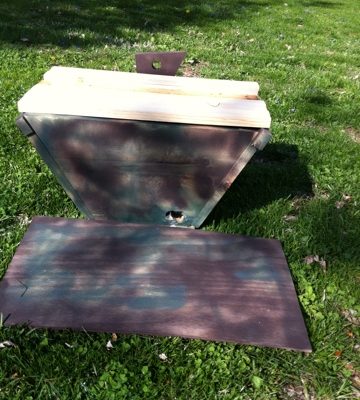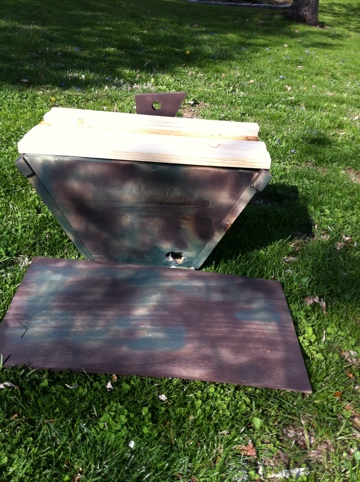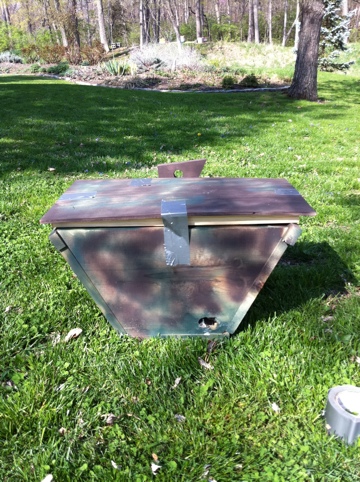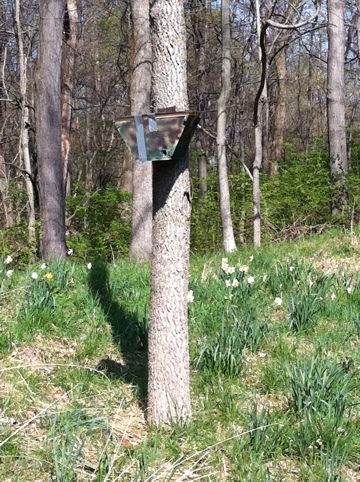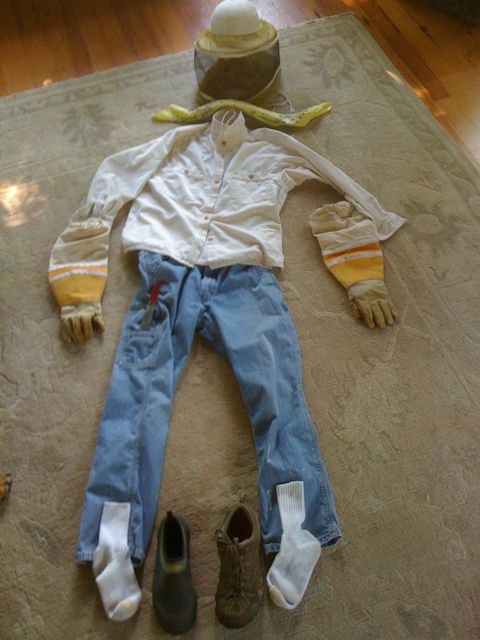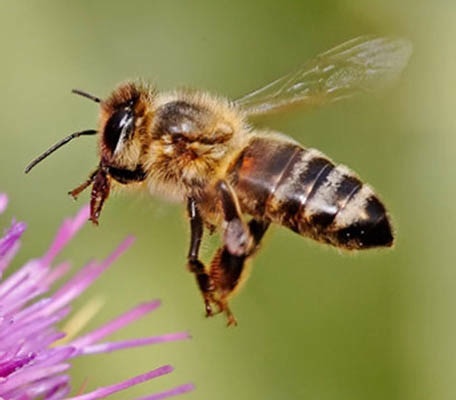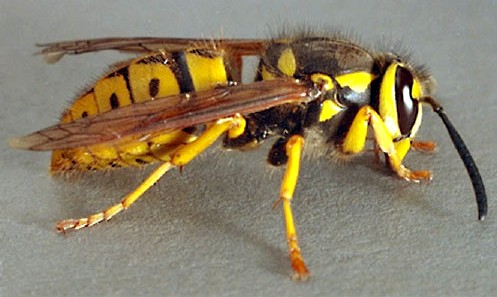The River of Bees
BY W.S. MERWIN
In a dream I returned to the river of bees
Five orange trees by the bridge and
Beside two mills my house
Into whose courtyard a blindman followed
The goats and stood singing
Of what was older
Soon it will be fifteen years
He was old he will have fallen into his eyes
I took my eyes
A long way to the calendars
Room after room asking how shall I live
One of the ends is made of streets
One man processions carry through it
Empty bottles their
Image of hope
It was offered to me by name
Once once and once
In the same city I was born
Asking what shall I say
He will have fallen into his mouth
Men think they are better than grass
I return to his voice rising like a forkful of hay
He was old he is not real nothing is real
Nor the noise of death drawing water
We are the echo of the future
On the door it says what to do to survive
But we were not born to survive
Only to live



